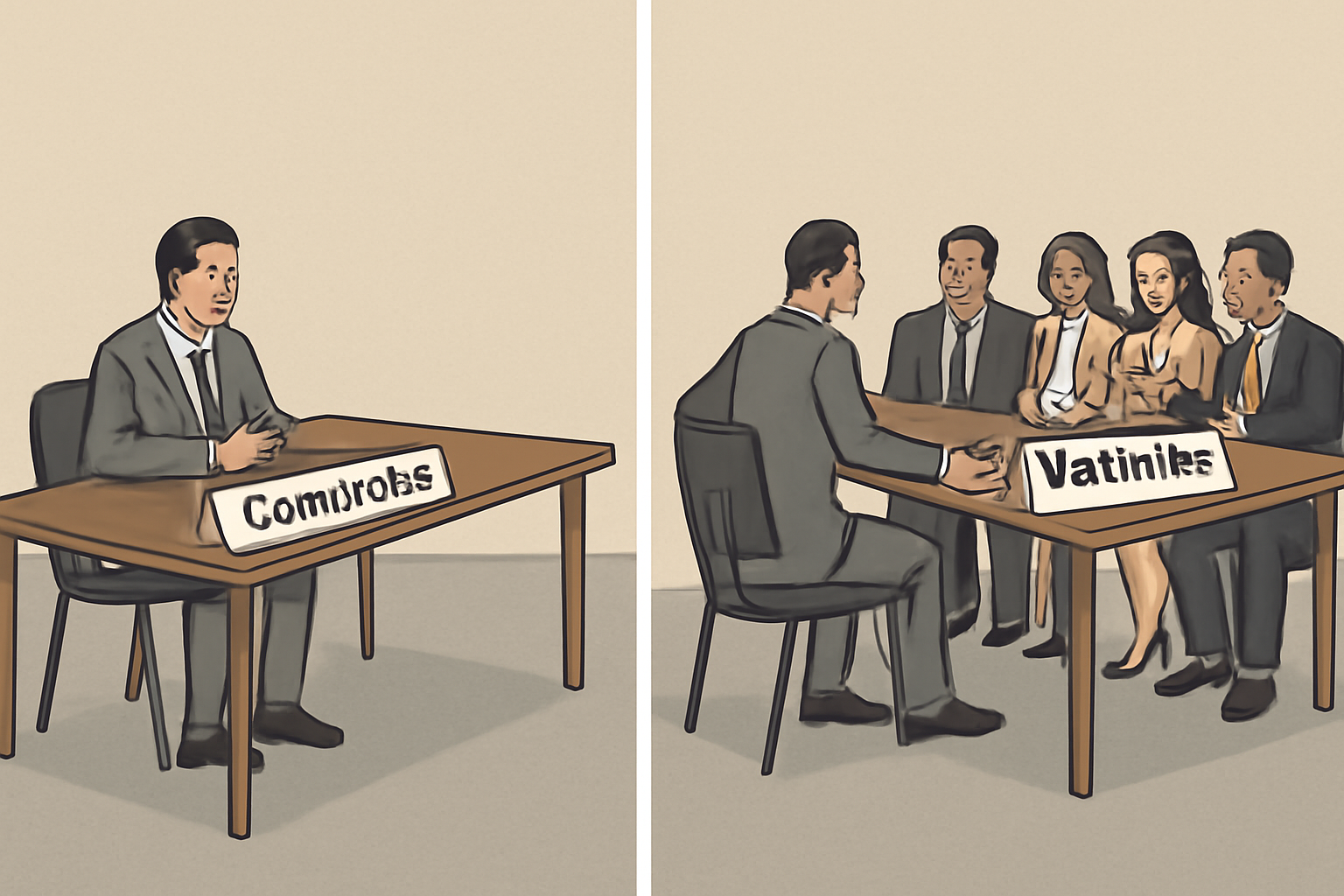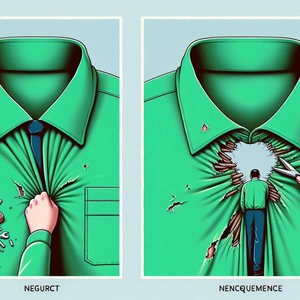From Hackers to Heroes: The Rise of Ethical Hacking Careers

Historically, hackers were seen as digital criminals, but the rise of cyber threats has changed this perception. Ethical hackers, or white-hat hackers, now use their skills to help organizations find and fix vulnerabilities before malicious actors can exploit them. Their ability to think like attackers provides companies with unique insights, making them valuable assets in strengthening security from within.
The Pathways to Ethical Hacking
Ethical hacking careers attract individuals from diverse backgrounds, not just those with formal education in computer science. Many are self-taught, gaining experience through online forums, open-source projects, and competitions like Capture The Flag (CTF). High-profile cases, such as Marcus Hutchins’ role in stopping the WannaCry ransomware, highlight the varied routes into the profession. Bug bounty platforms like HackerOne and Bugcrowd have also democratized the field, allowing freelancers to earn rewards for responsibly disclosing security flaws.
Transforming Perceptions and Building Trust
The increasing reliance on ethical hackers is changing public and industry perceptions. Major tech companies now run robust bug bounty programs, rewarding ethical hackers for finding vulnerabilities. However, trust is crucial; organizations require thorough vetting and certifications such as CEH or OSCP to ensure hackers have both the technical skills and ethical standards needed for sensitive roles.
Strengthening Defenses Through Diverse Perspectives
Involving ethical hackers in security teams introduces a range of perspectives and problem-solving skills. Their adversarial mindset helps anticipate attack vectors that others might miss, fostering innovation and continuous improvement. Penetration testing, where ethical hackers simulate attacks, is a key example of how their expertise can uncover vulnerabilities that automated tools overlook.
A New Era of Cybersecurity Careers
The increase in cyber threats has led to a surge in cybersecurity job opportunities, especially for those skilled in creative problem-solving and cyber defense. Organizations are now actively recruiting ethical hackers, recognizing their value. These professionals enjoy rewarding careers and play a crucial role in combating cybercrime.
As the digital world grows, ethical hackers are becoming the heroes of cybersecurity, transforming organizations from within. Through unconventional paths, high standards, and a commitment to ethics, they are redefining digital protection. The line between hacker and hero is blurring, as these professionals step into the spotlight to secure our connected world.
Penetration Tester (Pen Tester)
Deloitte, Accenture, Rapid7, Amazon, Microsoft
Responsibilities
Simulates real-world cyberattacks on networks, applications, and systems to uncover vulnerabilities.
Crafts detailed exploitation paths, writes custom attack scripts, and composes comprehensive reports outlining both technical findings and practical recommendations.
Requirements
Deep knowledge of tools like Metasploit, Burp Suite, and Wireshark.
Scripting abilities (Python, Bash, or PowerShell).
Certifications like OSCP or GPEN are often expected.
Bug Bounty Researcher
Google, Facebook, Apple, fintech companies, government agencies
Responsibilities
Independently identifies and responsibly discloses security flaws in web, mobile, and IoT platforms via coordinated vulnerability disclosure programs.
Engages with platforms such as HackerOne, Bugcrowd, and Synack, often competing globally for financial rewards and public recognition.
Requirements
Strong reverse engineering, web application security (e.g., XSS, SQLi, SSRF), and report-writing skills.
Self-motivation and ethical discipline are essential.
Proven track record in bug bounty programs is highly valued.
Red Team Operator
Fortune 500 companies, defense contractors, dedicated security consultancies
Responsibilities
Executes advanced, multi-stage simulated attacks (including phishing, social engineering, and lateral movement) to test an organization's detection and response capabilities.
Develops custom malware and exploits, evades enterprise security controls, and delivers post-engagement debriefs on operational weaknesses.
Requirements
Expertise in adversary emulation frameworks (MITRE ATT&CK, Cobalt Strike).
Active directory exploitation and stealth techniques.
Advanced certifications (CREST, OSCE, or similar) and real-world offensive experience are preferred.
Security Vulnerability Analyst
Enterprise IT departments, SaaS companies, managed security service providers (MSSPs)
Responsibilities
Evaluates software and hardware products for security flaws, prioritizes vulnerabilities based on exploitability and business impact, and coordinates remediation efforts with development teams.
Uses automated vulnerability scanning tools (Nessus, Qualys) alongside manual analysis, and maintains awareness of the latest CVEs and threat intelligence.
Requirements
Strong analytical skills, knowledge of secure coding practices, and experience communicating technical findings to non-technical stakeholders.
Security certifications (CISSP, CEH) and experience with secure SDLC are advantageous.
Incident Response Specialist
Financial services firms, healthcare providers, cybersecurity consulting companies
Responsibilities
Acts as a first responder to cyber incidents—analyzing, containing, and eradicating threats such as ransomware, data breaches, and advanced persistent threats (APTs).
Performs forensic investigations, reconstructs attack timelines, and collaborates with law enforcement or regulatory bodies as needed.
Requirements
Proficiency in digital forensics tools (EnCase, FTK), malware analysis, and knowledge of legal/regulatory requirements for incident disclosure.
GIAC Certified Incident Handler (GCIH) or similar credentials and real-world breach response experience are sought after.


